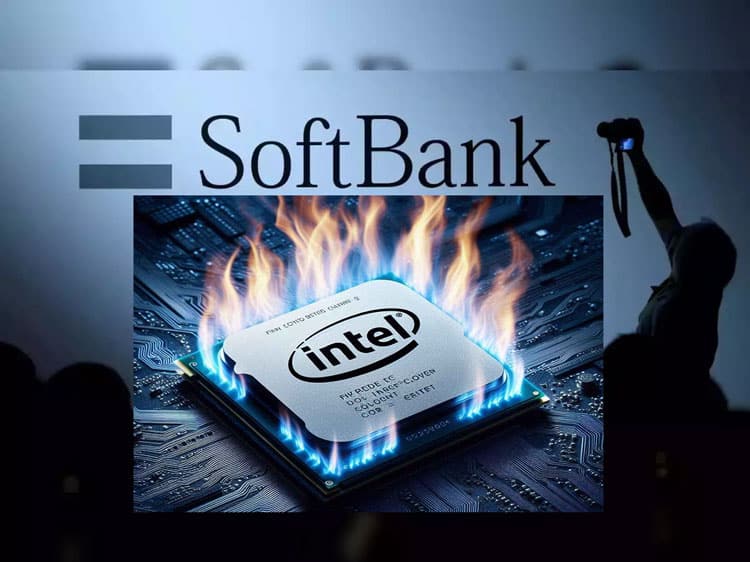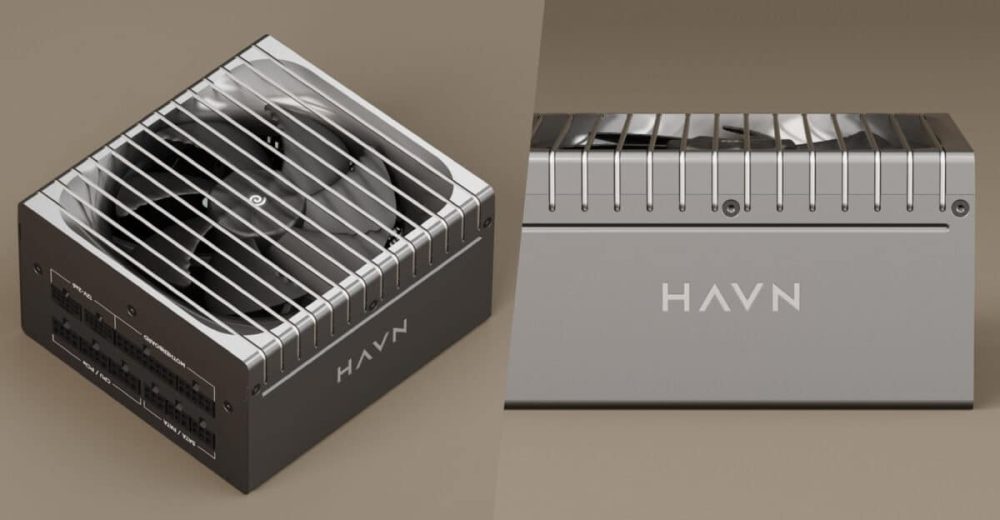Source: Businessworld
Intel’s failure to fulfill production objectives prompts SoftBank to investigate fresh options with Taiwan’s TSMC as it looks to compete with Nvidia in the AI chip industry.
SoftBank (Japanese technology investor) has canceled plans to co-develop an artificial intelligence (AI) processor with U.S. chipmaker Intel, citing the latter’s failure to achieve critical specifications. The Financial Times, in an article, said that the move comes as SoftBank explores other collaborations, with Taiwan Semiconductor Manufacturing Company (TSMC) emerging as a possible choice.
According to sources familiar with the subject, the relationship ended because Intel could not meet SoftBank’s volume and production speed demands. As a result, SoftBank elected to distance itself from Intel, citing the latter’s recent troubles, which included extreme cost-cutting measures and layoffs revealed earlier this month.
The failed talks are a huge setback for Intel, which has been working to improve its position in the AI chip market, which NVIDIA dominates. SoftBank, a key participant in the digital investment area, initially approached Intel as part of its strategy to enter the competitive AI chip market. However, Intel’s inability to achieve manufacturing targets resulted in the termination of negotiations.
With Intel out of the picture, SoftBank focuses on forming a collaboration with TSMC, the world’s largest contract chipmaker. TSMC’s sophisticated production capabilities and proven track record make it an appealing alternative for SoftBank as it looks to build AI chips that can compete with Nvidia’s offerings.
The collapse in talks with Intel came before the chipmaker declared severe cost-cutting measures, including layoffs for thousands of employees. These problems have generated concerns about Intel’s capacity to remain competitive in the fast-expanding semiconductor industry.


